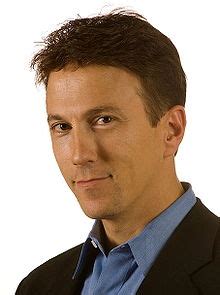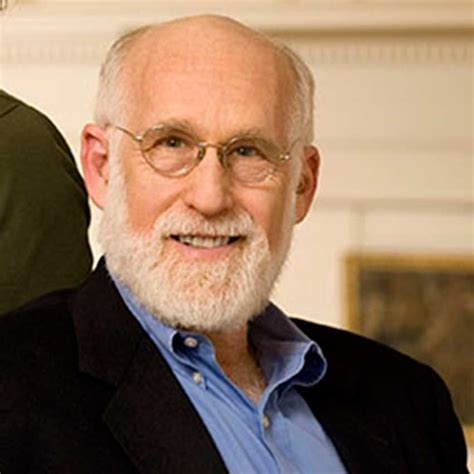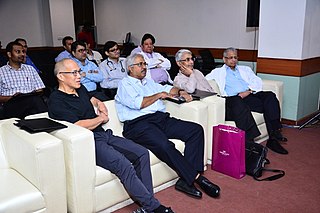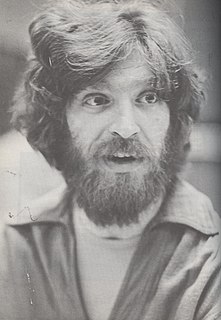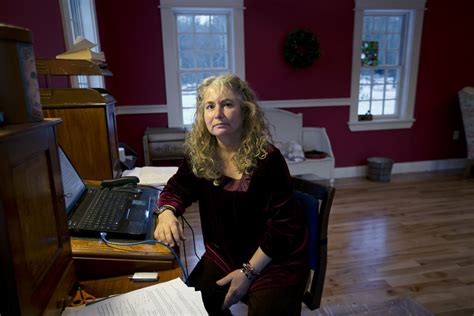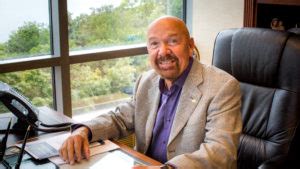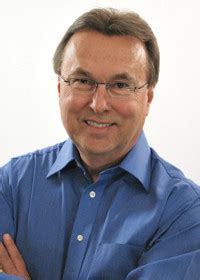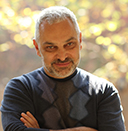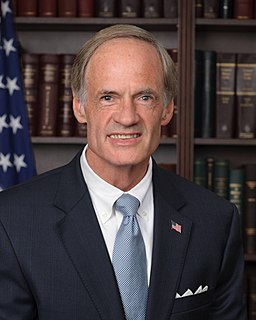A Quote by Daniel Kraft
The integration of exponentially growing technologies is beginning to empower the patient, enable the doctor, enhance wellness and begin to cure the well before they get sick.
Related Quotes
The freedom of patient speech is necessary if the doctor is to get clues about the medical enigma before him. If the patient is inhibited, or cut off prematurely, or constrained into one path of discussion, then the doctor may not be told something vital. Observers have noted that, on average, physicians interrupt patients within eighteen seconds of when they begin telling their story.
Macbeth: How does your patient, doctor? Doctor: Not so sick, my lord, as she is troubled with thick-coming fancies that keep her from rest. Macbeth: Cure her of that! Canst thou not minister to a mind diseased, pluck from the memory a rooted sorrow, raze out the written troubles of the brain, and with some sweet oblivious antidote cleanse the stuffed bosom of that perilous stuff which weighs upon her heart. Doctor: Therein the patient must minister to himself.
Much has been said about the meanings we make of illness, but what about the meanings we make out of cure? Cure is complex, disorienting, a revisioning of the self, either subtle or stark. Cure is the new, strange planet, pressing in. The doctor could not have known. And that made me, as it does every patient, only more alone.
Doctor Johnson said, that in sickness there were three things that were material; the physician, the disease, and the patient: and if any two of these joined, then they get the victory; for, Ne Hercules quidem contra duos [Not even Hercules himself is a match for two]. If the physician and the patient join, then down goes the disease; for then the patient recovers: if the physician and the disease join, that is a strong disease; and the physician mistaking the cure, then down goes the patient: if the patient and the disease join, then down goes the physician; for he is discredited.
